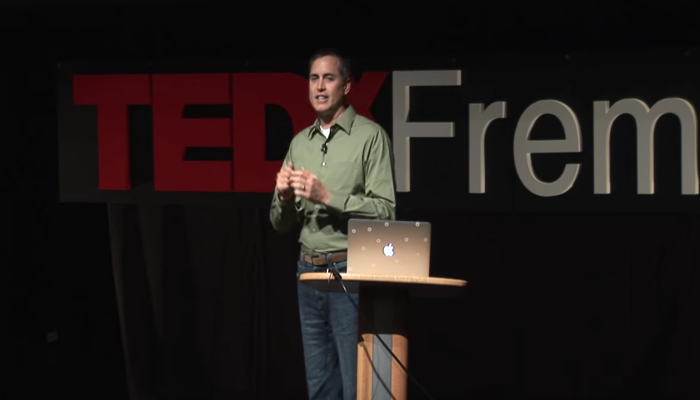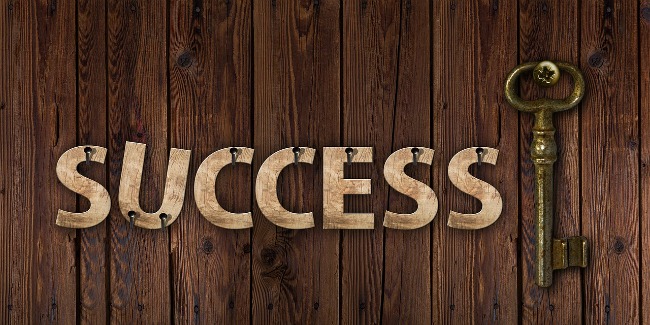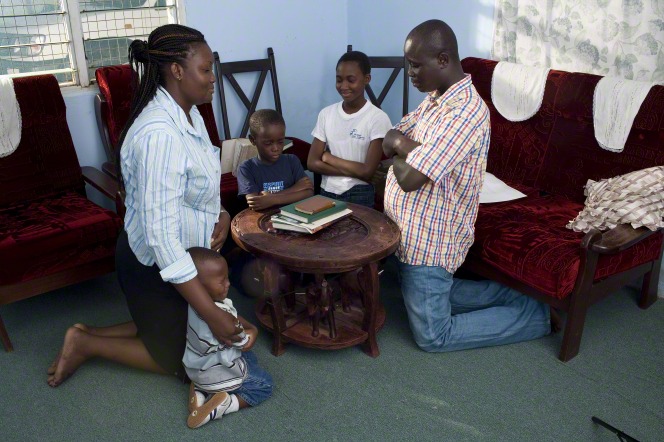
We’ve all been there.
It’s the start of the new year (or any other time) and you identify a few habits/goals/resolutions that, if kept, are sure to improve your life for the better. It’s time to get after it. You hit the gates running at first, going several consecutive days or even weeks exercising each day, flossing nightly, or eating the proper amount of fruits and vegetables. Then, before you know it, you revert back to your old ways. The snooze button on your alarm clock is far more enticing than a morning workout, flossing is a time-consuming pain, and you rediscover your love for fresh baked cookies and salty snacks. Resolution broken.
It’s amazing how often this happens. Countless successful and happy people from all walks of life make and break well-intended goals every day. Why is it SO hard to stick with a new objective we have made, especially when we know it will benefit us? Is there any way to form habits you will actually keep?
There sure is. Cue Bill Murray.
Start Small

Anybody who has seen or even heard of the popular comedy film What About Bob, featuring Bill Murray, is probably familiar with the term baby steps. In the movie, the main character Bob (Bill Murray) is counseled by Dr. Leo Marvin, a psychiatrist, to take control of his life by breaking down his daily routine into small, achievable tasks, or baby steps. By doing so Bob is able to accomplish things he never thought possible; namely riding an elevator, traveling on a bus to a faraway destination, and even sailing.

Similarly, forming good habits can be made easier by starting small.
For many, this is nothing new. Most of us know that reading a book starts with reading the first page, running a marathon starts first with completing the first mile and eating a serving of green peas starts with disguising each individual pea in a spoonful of mashed potatoes. However, several years ago, renowned behavioral scientist and Stanford professor BJ Fogg added to this concept by proposing a simple solution to forming lasting habits that has since been backed by thousands of individuals that have tried it out for themselves. So what’s the secret?
Specific, Easy, Triggerable
In the TED talk above, Fogg details the most effective method for forming lasting habits. To summarize, he advocates making a goal that is both simple and easily achievable, while having a connected activity that serves as a “trigger” or reminder to do this task.
The real gamechanger for me has been having an associated trigger which constantly reminds me of the habit which I am attempting to form. He recommends following a simple thought process in remembering these habits such as the following: “After I [existing habit], I will [new tiny behavior].” While unbelievably simple, following this method for creating tiny habits actually works. Try it!
Related: Developing Good Habits
A Few Examples
 The genius of this idea is it builds off of preexisting actions which you already perform frequently in your life. Instead of introducing an entirely new exercise into your life which is sure to get crowded out by the myriad of other activities competing for your attention, tiny habits link themselves to things you rarely forget to do. Here are a few examples which some have adopted to help get you started:
The genius of this idea is it builds off of preexisting actions which you already perform frequently in your life. Instead of introducing an entirely new exercise into your life which is sure to get crowded out by the myriad of other activities competing for your attention, tiny habits link themselves to things you rarely forget to do. Here are a few examples which some have adopted to help get you started:
“After I step into the shower, I will pray out loud to God.”
“After I finish exercising, I will stretch for at least 5 minutes.”
“After brushing my teeth, I will floss one tooth.”
“After I get home from work, I will give my spouse a hug and a kiss.”
“After I wake up in the morning, I will read one verse of scripture.”
As shown here these tiny habits really are, as advertised, tiny. None of the aforementioned habits will take more than a couple of minutes to do, yet they can yield powerful results because of the consistency with which you will be completing them. Notably, Fogg advocates in his TED talk for starting small and building upon your initial efforts.
For example, while flossing one tooth every time you brush your teeth is a noble endeavor, the idea is that over time you will floss several teeth at once, your entire top or bottom row, and maybe one day even all of your pearly whites.
The Trigger Is The Key
 As I discussed earlier, the trigger is what makes tiny habits become so easily accepted as part of your daily routine. It’s what causes you to remember your habit in the first place. Carefully consider your trigger— choose simple actions you perform repeatedly (showering, brushing your teeth, waking up, etc.), and before you know it you will think of the subsequent habit associated with it each time you complete the action.
As I discussed earlier, the trigger is what makes tiny habits become so easily accepted as part of your daily routine. It’s what causes you to remember your habit in the first place. Carefully consider your trigger— choose simple actions you perform repeatedly (showering, brushing your teeth, waking up, etc.), and before you know it you will think of the subsequent habit associated with it each time you complete the action.
Honestly, it’s been months since I’ve tried incorporating this into my life and I never once have stepped into the shower without thinking to pray out loud during that time. It’s now 100% habitual for me. Don’t forget— identifying a good trigger is the key to your success!
Gospel Connections

Interestingly, there are several examples in the Gospel where one event serves as a link or reminder of another important action as well. For years church leaders have admonished us of the importance of holding family prayer and… you guessed it, scripture study. I know that in my family growing up, it was rare to hold a family prayer without at least remembering that we should be doing family scripture study as well. Oftentimes we even buckled down and read too. Likewise, family history and temple work are often paired together as one important work. Thus, when engaging in family history work one is often reminded to bring found names to the temple for it to be completed.
In the scriptures, a revelation is given to Oliver Cowdery instructing him to use both his “…mind…and…heart.” in determining inspirations from the Holy Ghost. We are encouraged similarly in our day to consider both essential tools during the revelatory process. The combination of these two in conjunction helps encourage members to prayerfully use both intellect and spiritual feelings while making important decisions.
Related: Strength to Overcome our Negative Habits
You Can Do This
 It’s amazing how habitual humans really can be. Think about it. There are dozens of things you probably do on a daily basis without even thinking about them. They’ve become unbreakable habits. Remember to start small. Find a trigger. Take baby steps. Floss a tooth. Read a verse. You can do this. Integrating tiny habits into your normal daily routine is a simple way to make real, positive changes in your life.
It’s amazing how habitual humans really can be. Think about it. There are dozens of things you probably do on a daily basis without even thinking about them. They’ve become unbreakable habits. Remember to start small. Find a trigger. Take baby steps. Floss a tooth. Read a verse. You can do this. Integrating tiny habits into your normal daily routine is a simple way to make real, positive changes in your life.
Elder Delbert L. Stapley, former Apostle for The Church of Jesus Christ of Latter-day Saints, had this to say about the importance of forming good habits:
Good habits are developed in the workshop of our daily lives. It is not in the great moments of test and trial that character is built. That is only when it is displayed. The habits that direct our lives and form our character are fashioned in the often uneventful, commonplace routine of life.





